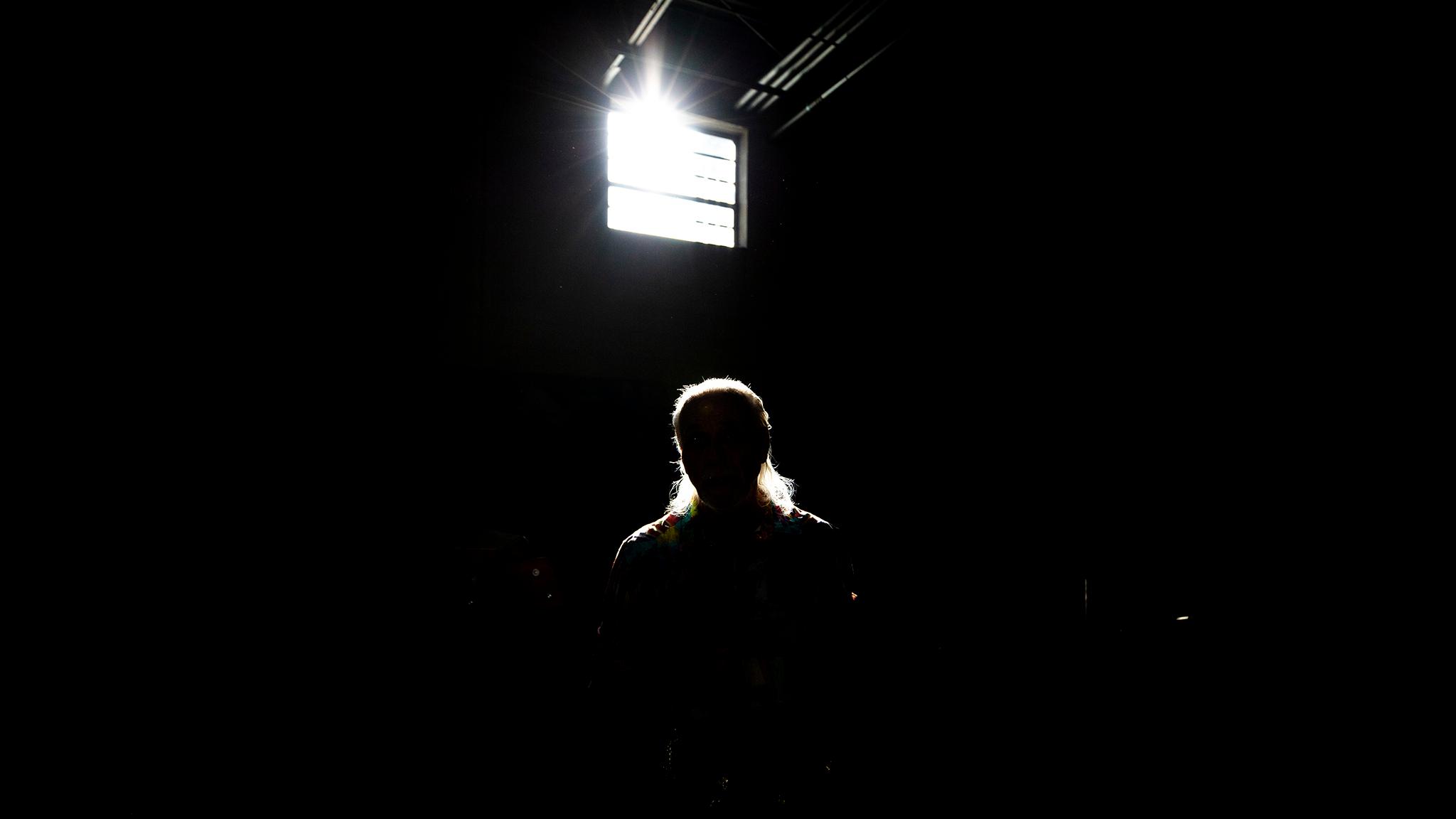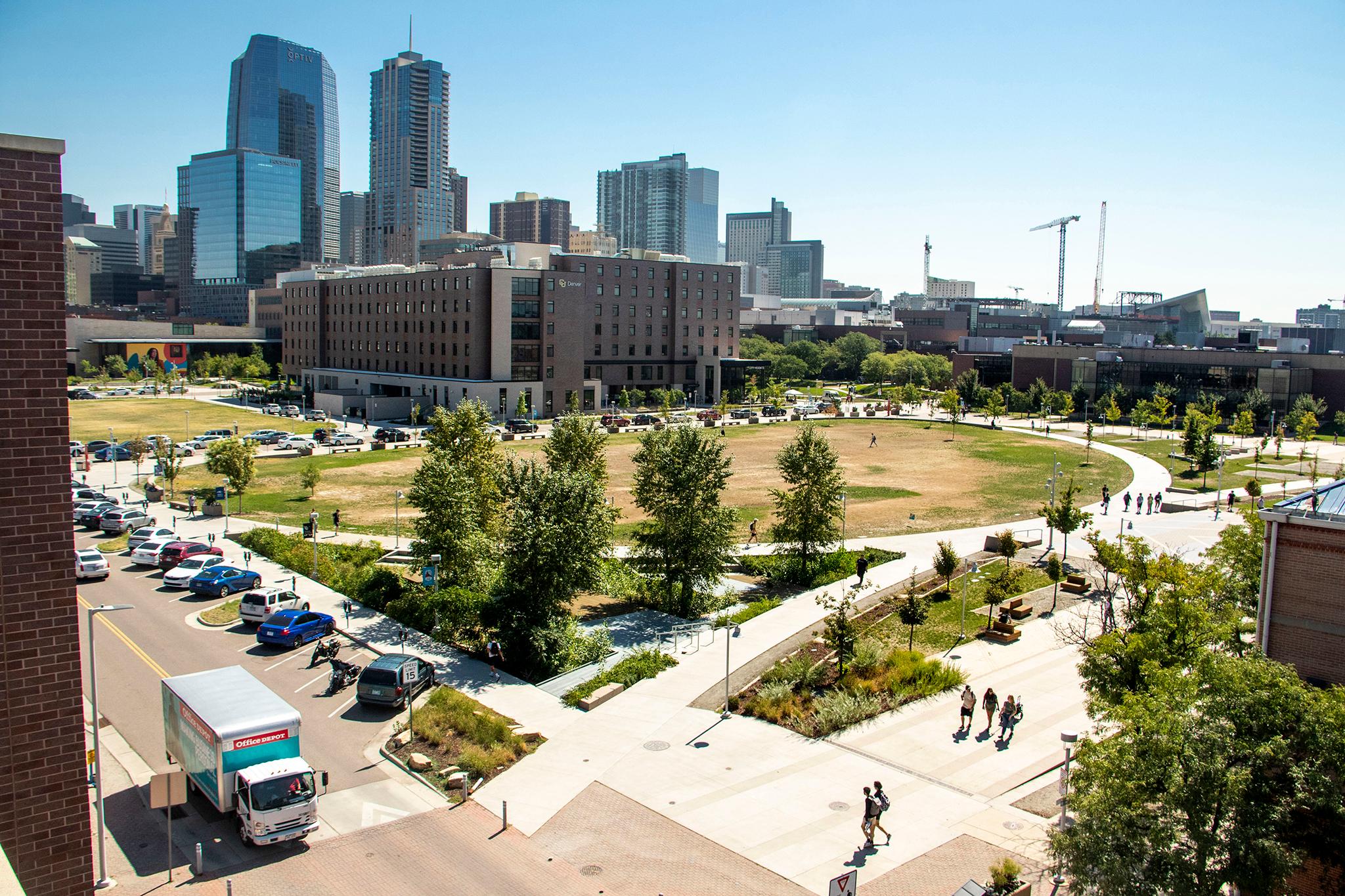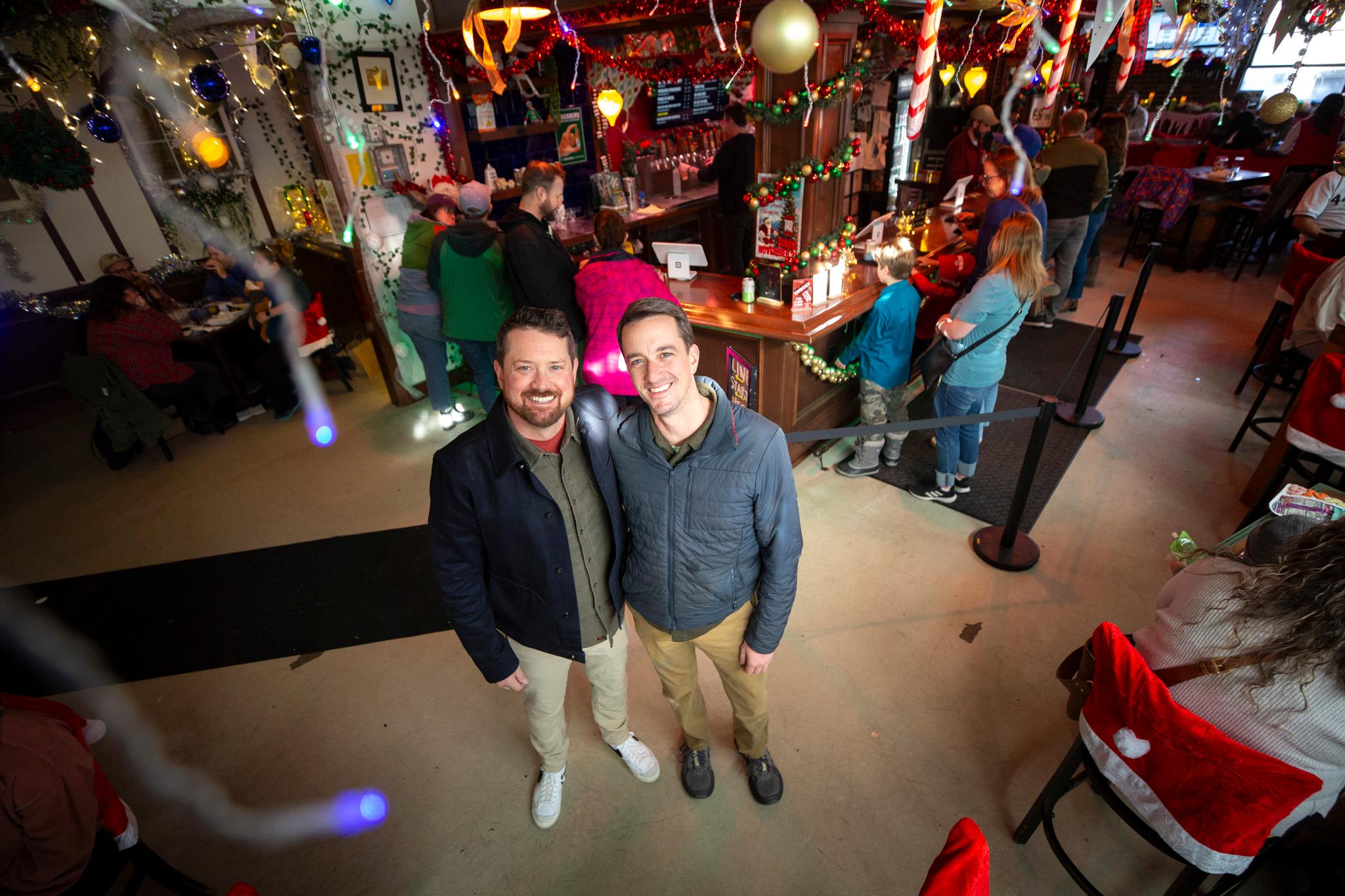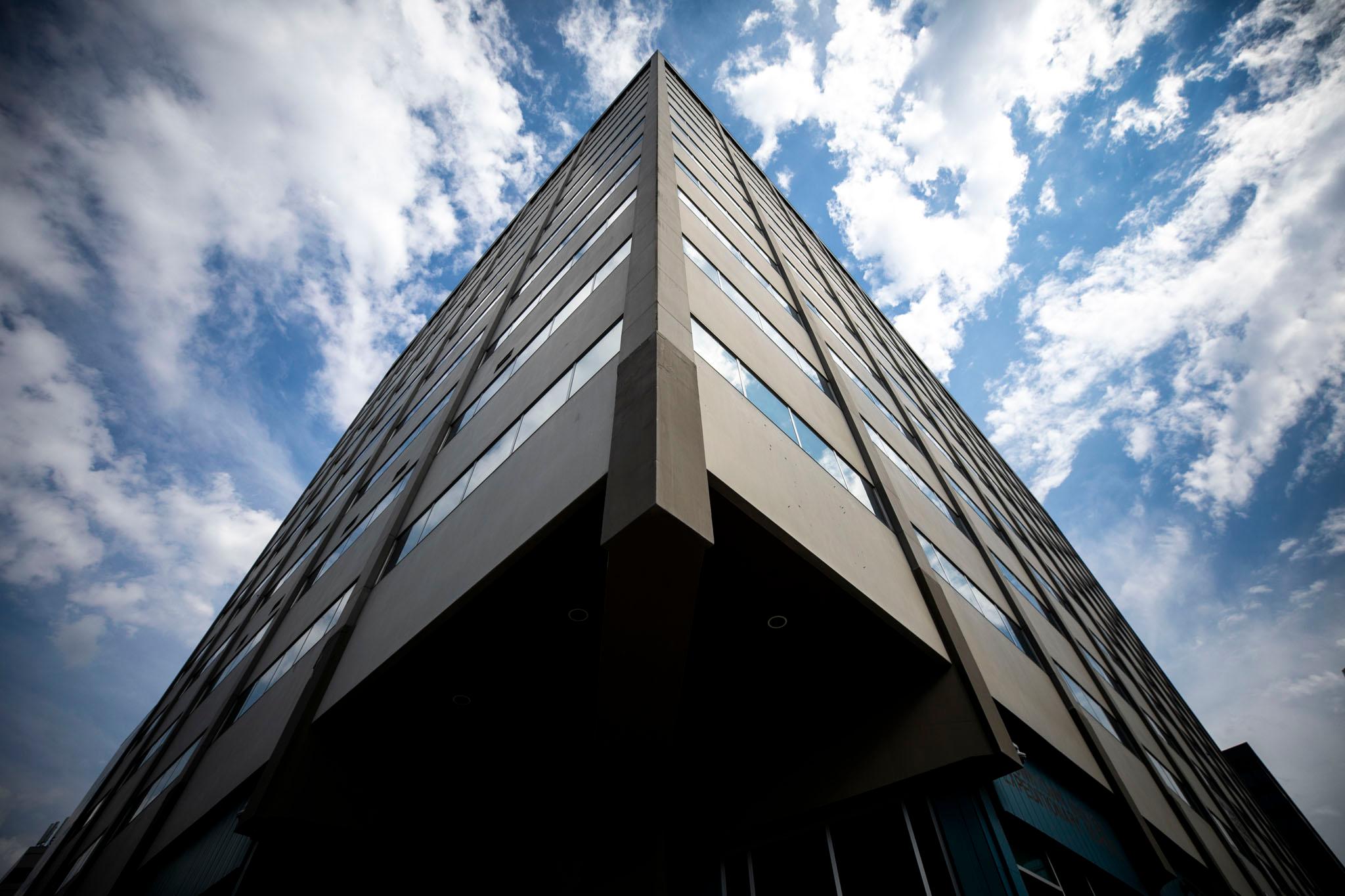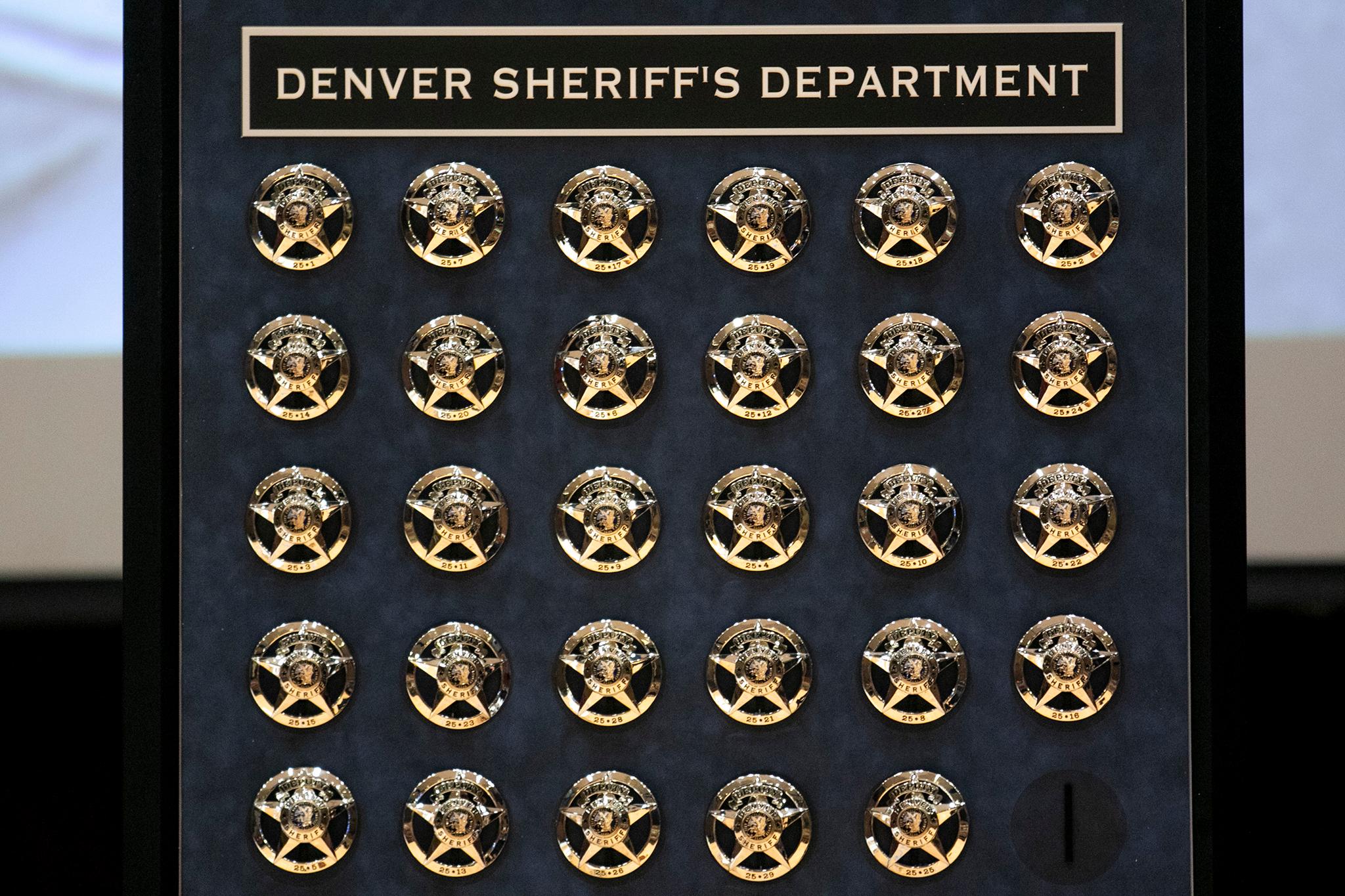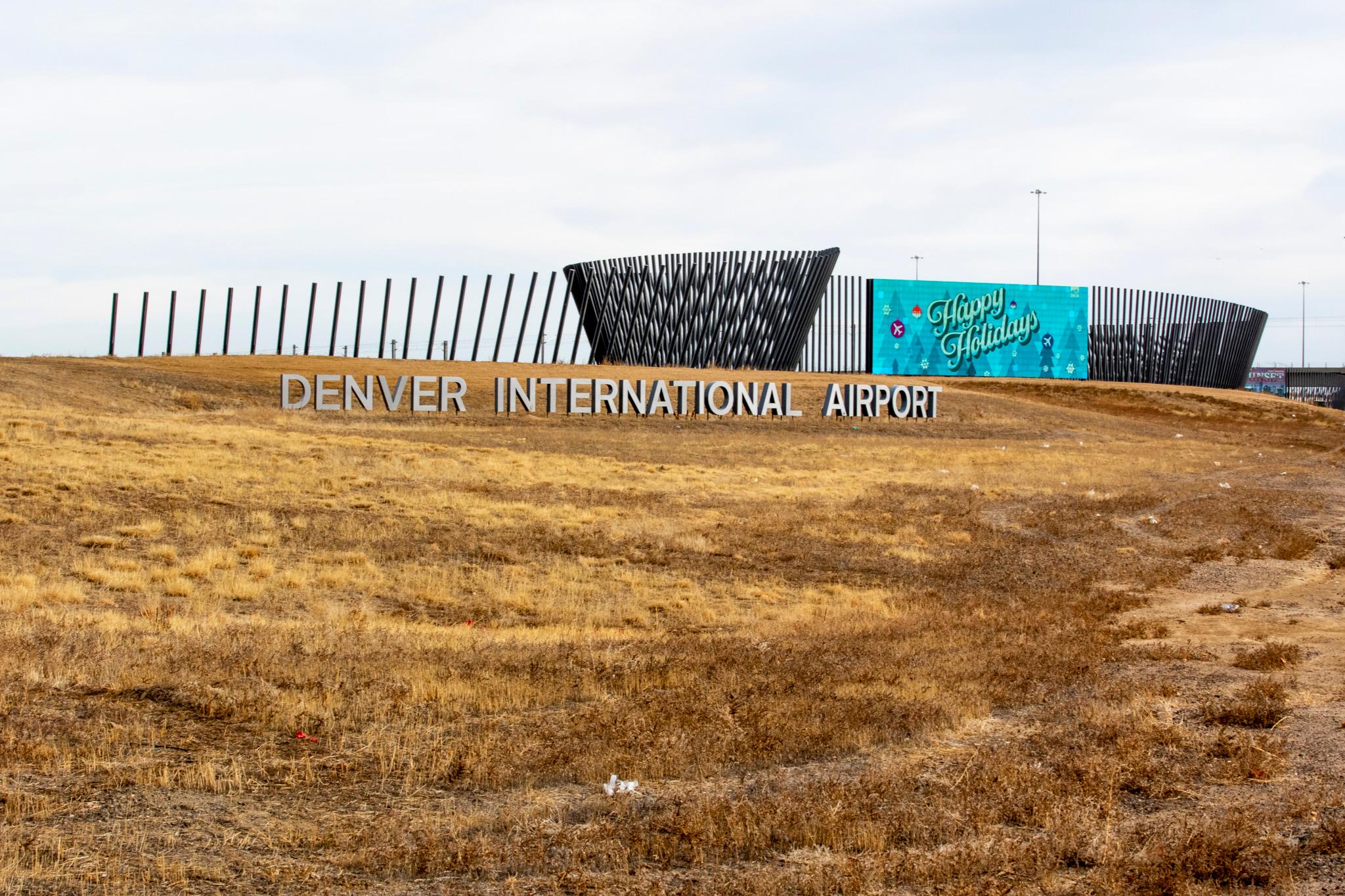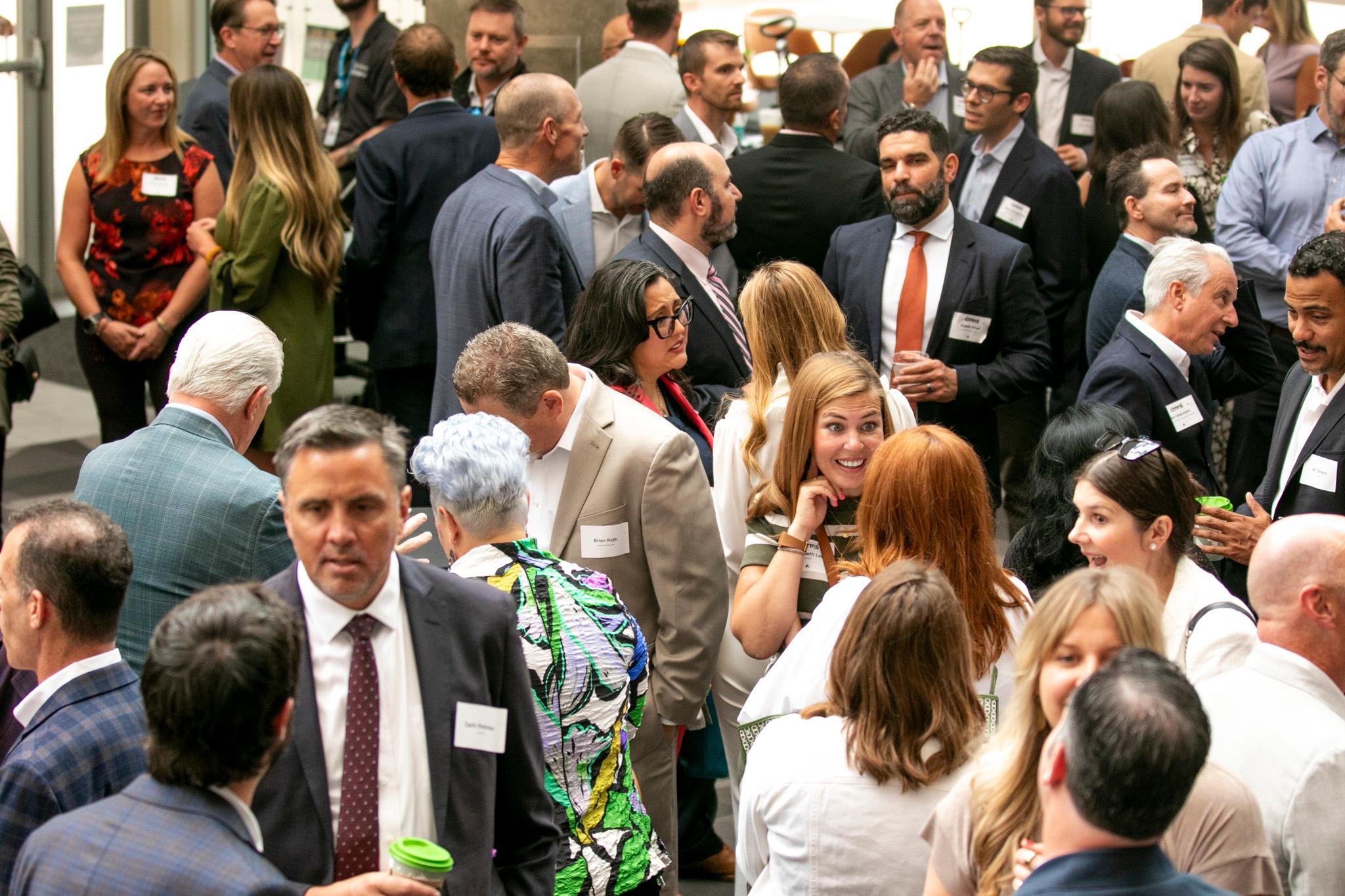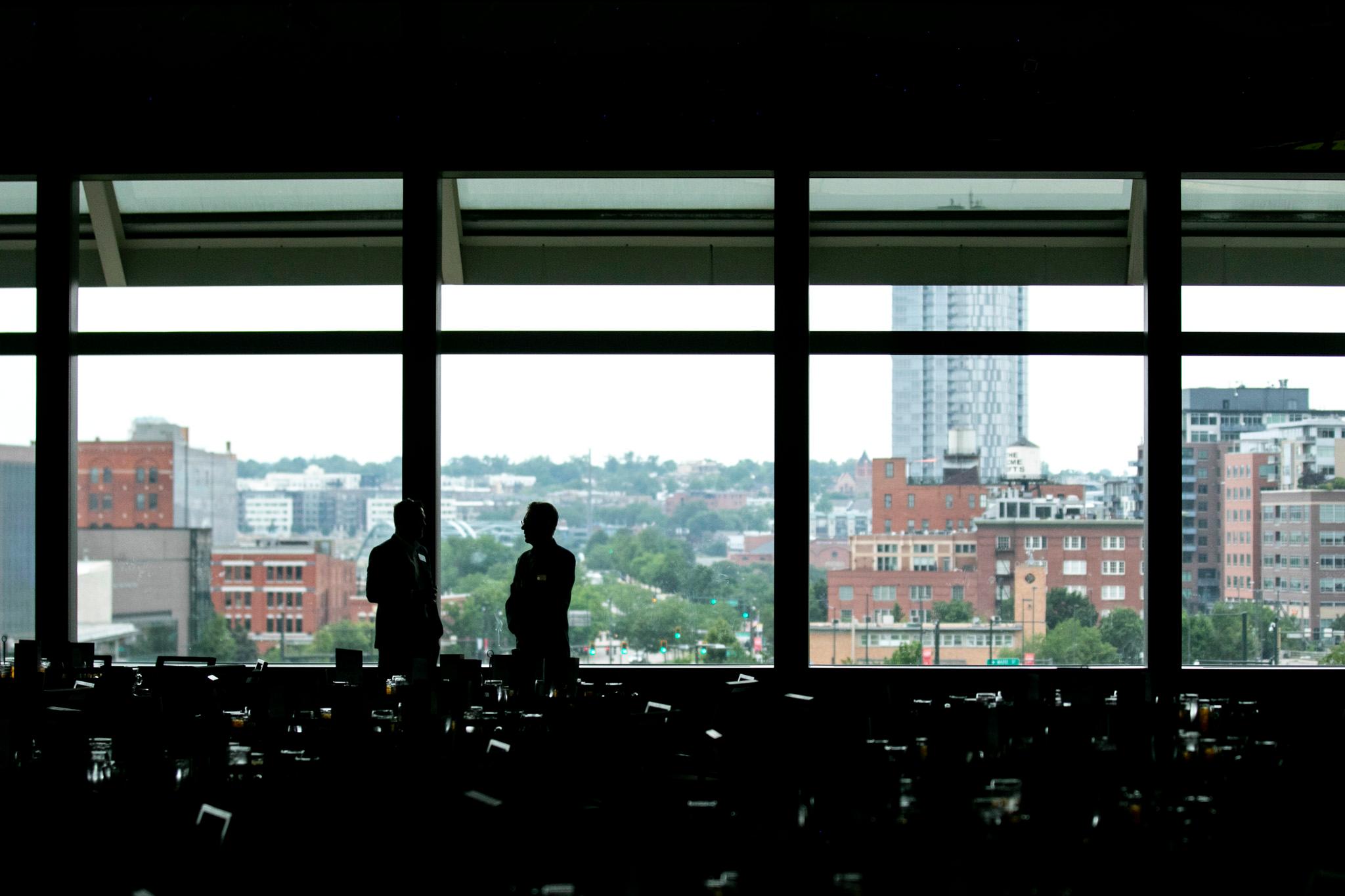Bernard Hurley hasn't built anything around Brighton Boulevard yet -- at least not in the literal sense of modern, blocky brick-and-mortar destinations like the ones his developer peers have planted nearby.
The slim 63-year-old with long, slicked-back, white hair and a goatee to match has built other things, though. An environmental cleanup firm, for one. And relationships. Relationships with helpful politicians, with his children who once changed their names in order to disappear, with fellow ex-prisoners he mentors and employs, with the riverfront he hopes to transform.
Believe it or not, the rapacious development of the River North section of Five Points (rebranded as RiNo) still hasn't found an end, particularly on the Brighton Boulevard corridor. Hurley offices out of Industry on that street, but it's a couple of blocks down on Chestnut Street, a short drive away in his jet-black Tesla, where he'll build his grand vision: Hurley Place.
The imagined $250 million, two-block development has 12-story buildings, about 200 homes, a hotel, three music venues (three!) and 12 acres of park space to complement a rejuvenating South Platte River and the eventual RiNo Promenade waterfront park.
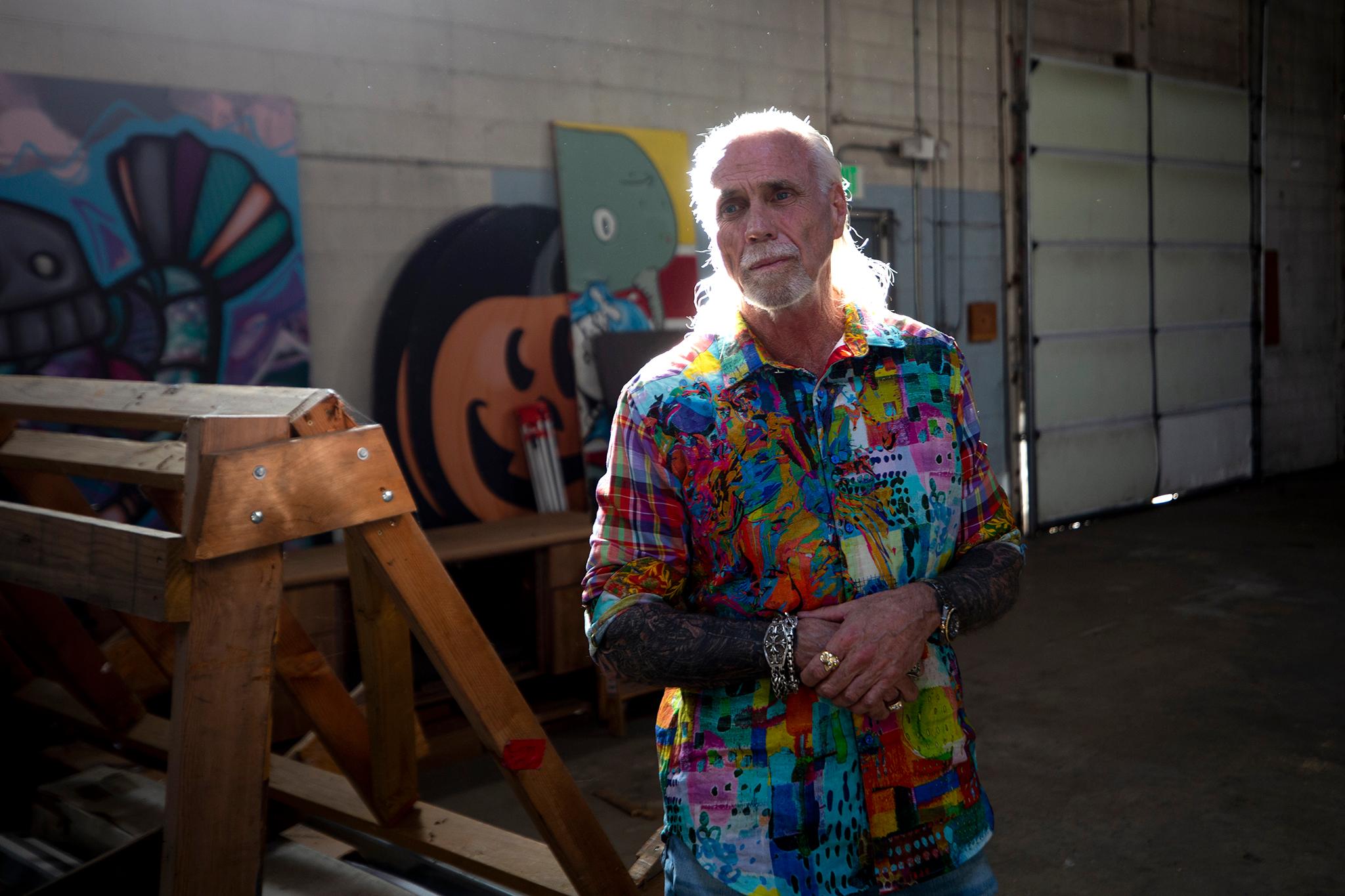
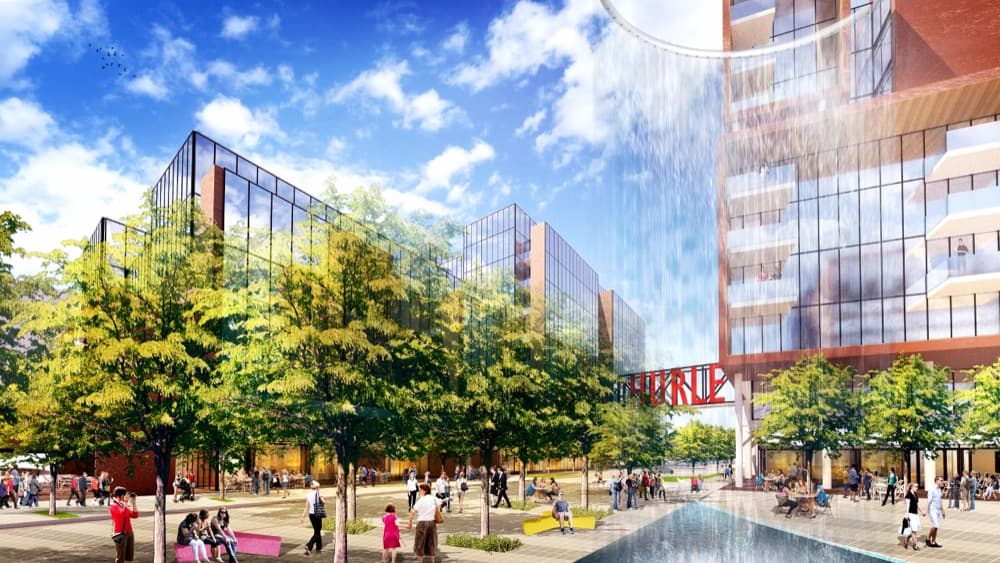
The dream is about five years from reality, said Hurley, while wearing an expensive-looking Technicolor shirt and standing in one of his Chestnut Street warehouses with a row of immaculate custom motorcycles. They're fancier than the Harley Davidson he had as a rebellious teenager in California and the bicycle he had after getting out of federal prison, where he spent 10 years for a drug conviction.
He's rich now.
"Everything that I'm doing has purpose," Hurley said. "And for me, it's not the money. I mean, money's great and I like money, clearly, but it's not everything, right? This is a very, very large project that I'm getting ready to do. It's almost a million square feet of development and it's the first time we're going to have assets like this on the river. You know what I mean?"
The warehouse sheltering his bikes will soon house a workforce development program. Hurley's donating the space to WorkNow to help people learn job skills.
It's a familiar way for the self-described "accidental developer" to help people. He gives former convicts second, third and fourth chances all the time by donating his money and his mentorship.
"He's the perfect person to be doing it because he understands it's not just giving someone a job," said Hurley's friend John Leonard, the chief operating officer at NorthStar. "You have to give someone a lot of other stuff with it."
Hurley used to be far from this place of power and influence that put him in a position to help others. It took a metamorphosis in the penitentiary.
He's the son of an FBI agent -- "God bless his soul," he says -- who drew rigid lines. Hurley promptly colored outside of them.
"He was a pretty tough guy and pretty heavy-handed in his opinion of life and stuff like that," Hurley said. "So I rebelled. And then that rebellion just got bigger and bigger and it was almost like I was trying to hurt my dad, but at the same time I was hurting myself worse than I was hurting anybody."
He hurt his family too. Though they're reunited now, his children were placed in the witness protection program to hide them from Hurley's co-defendants.
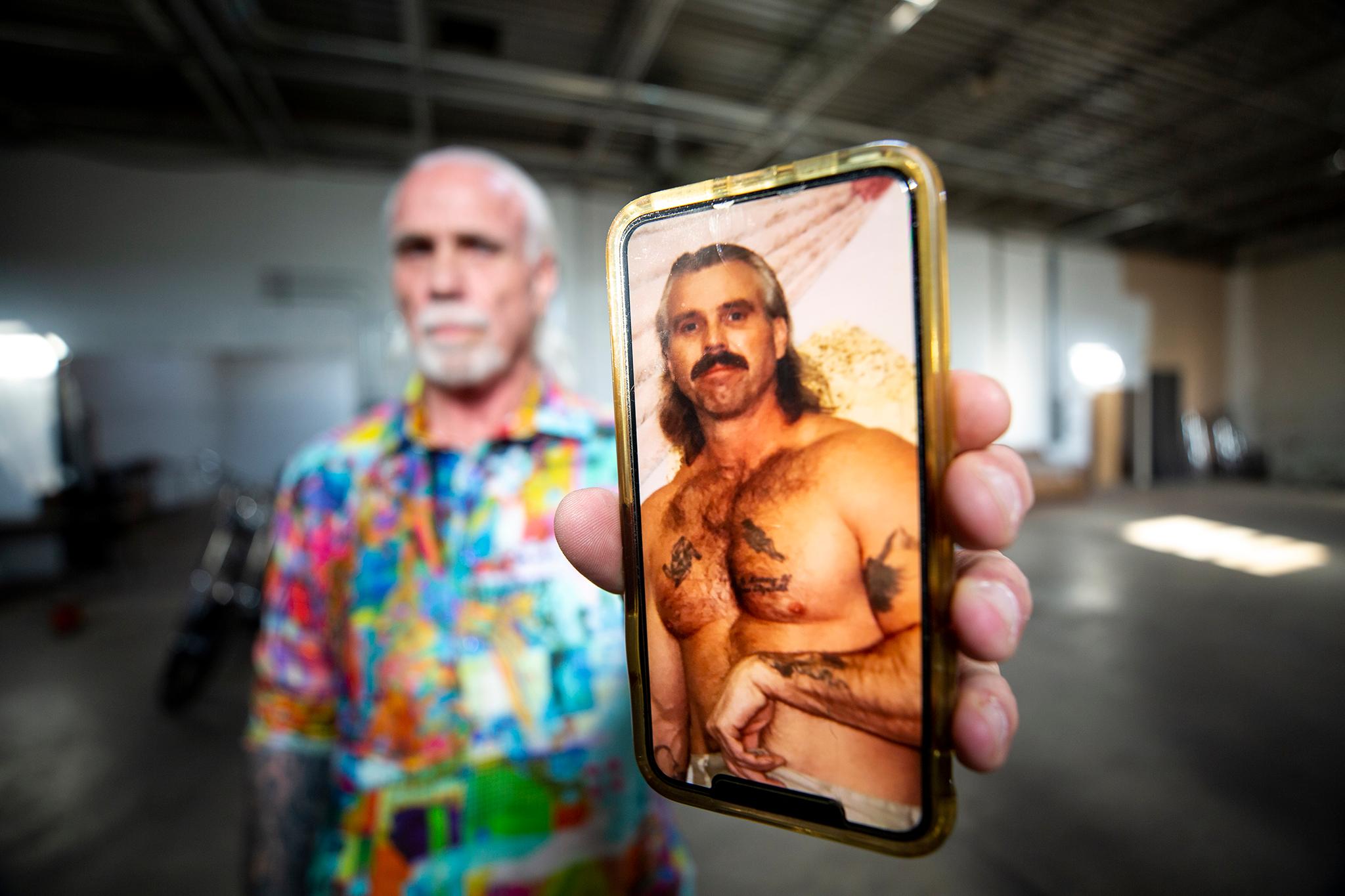
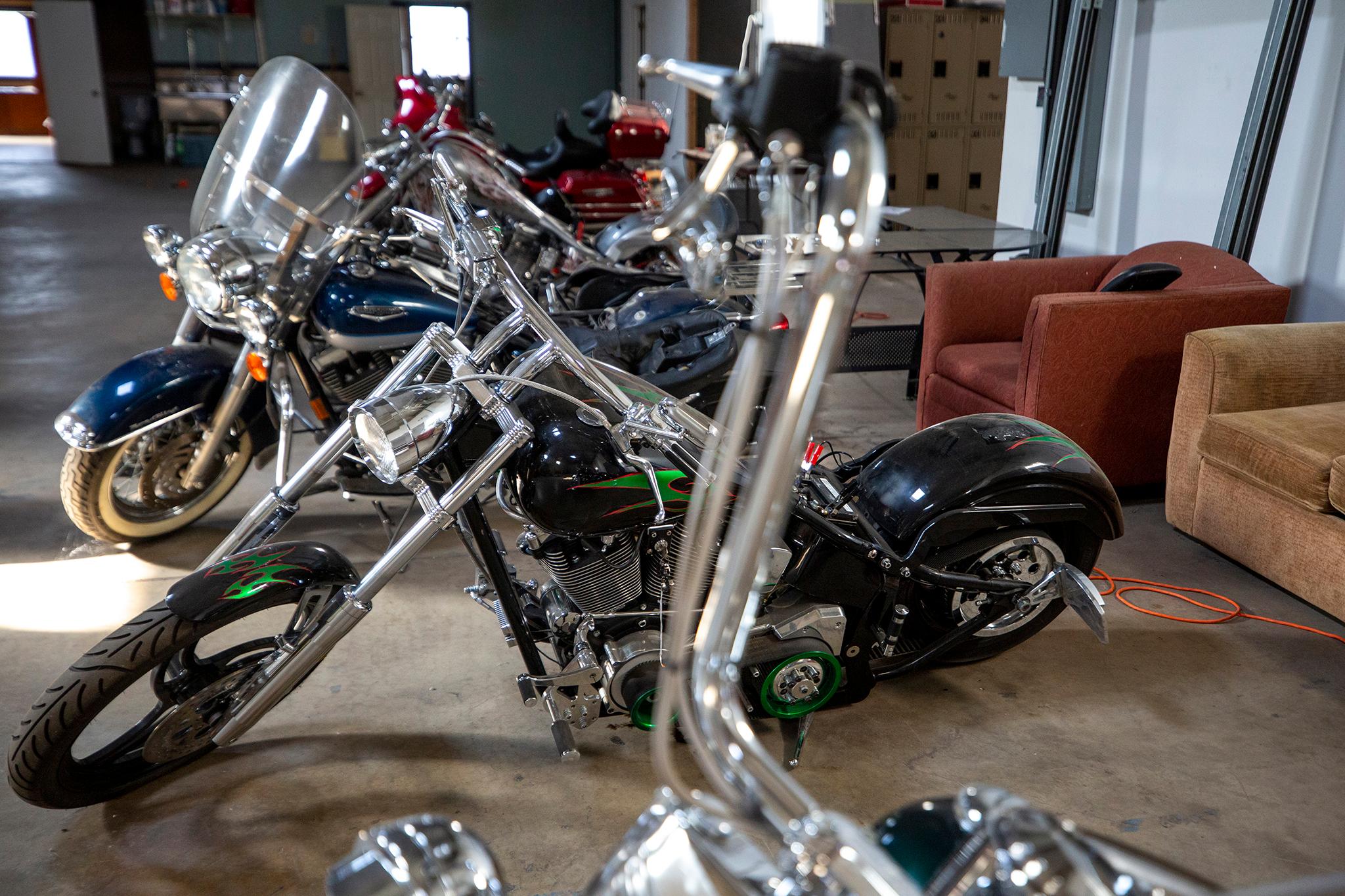
The Denver developer once ran with a motorcycle gang. While incarcerated by the California Youth Authority, Hurley got a racist, white supremacist tattoo that he would later have removed, along with the criminal lifestyle.
"I mean, to tell you the truth, it happened when I was imprisoned," Hurley said. "And it was a different world."
He said it was common to "join up," but when he got to Lompoc Federal Penitentiary as an adult, he made a different decision.
"You walk into the chow hall and all the races are separated -- you know, whites, blacks, Hispanics," Hurley said. "It's pretty much how it is. It's a very racist environment. So when I got to Lompoc, I made a decision that I was not going to go sit with the whites. I sat with the mixed group and I was big enough that it didn't matter."
The man was jacked. He spent most of his time lifting weights and reading. He said "The Road Less Traveled," a book about psychology, love and spiritual growth by M. Scott Peck, changed his life. The opening line: "Life is difficult."
Dave Simon can relate.
He's a former prisoner and current employee and friend of Hurley. When they met two and a half years ago, Simon says, Hurley saw something in him. Simon also saw something in the cool, calculating aura of Hurley, he said: the mafia.
"I thought he was mob!" Simon said, laughing.
Hurley paid for Simon to take a state licensing test that would make him more employable, then helped Simon get a job working for Kiewit on the Brighton Boulevard reconstruction.
"He wrote me a check to take the test and he gave me $20 of gas money," Simon remembers.
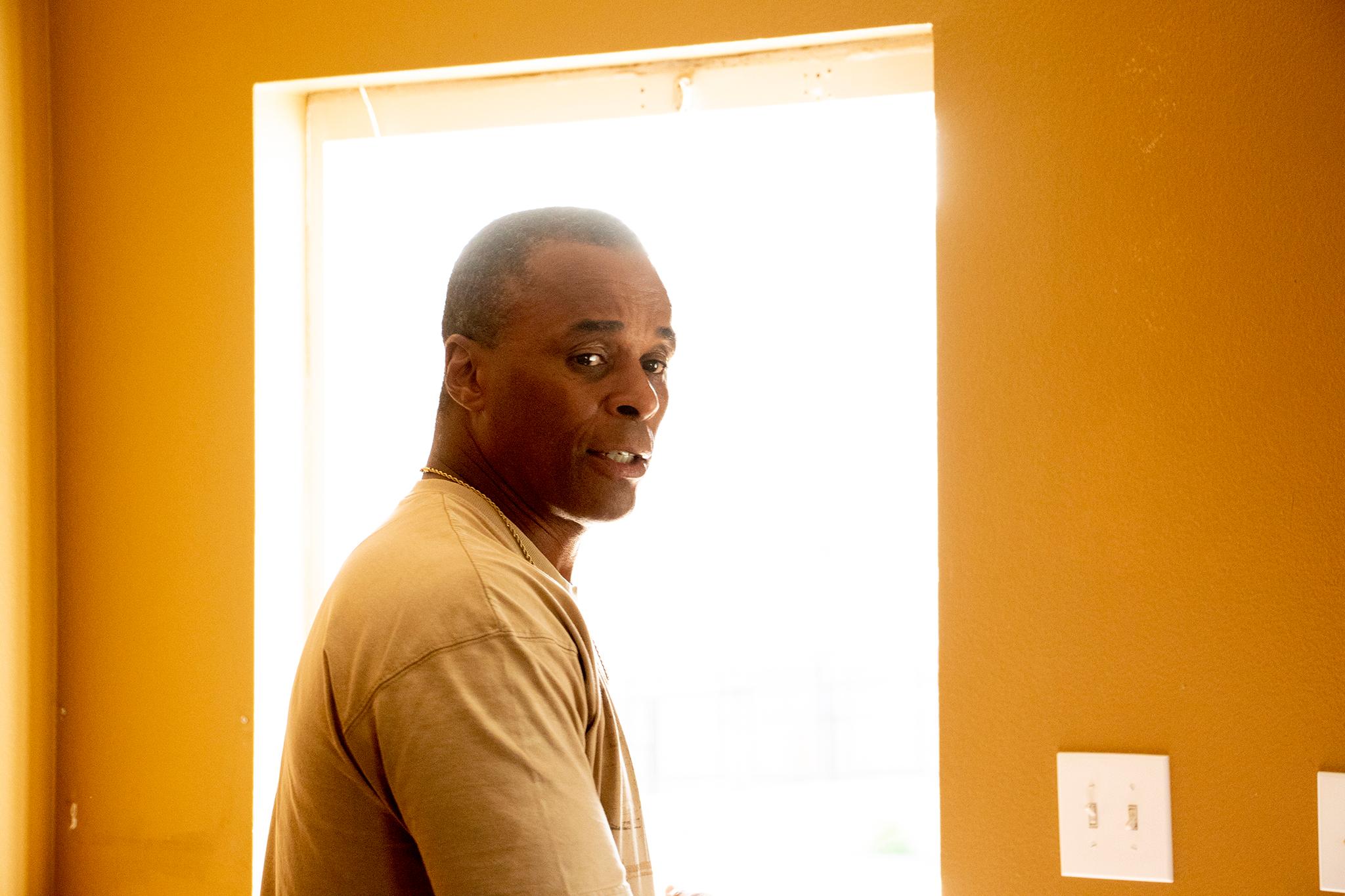
Hurley hired Simon on at Family Environmental. He hustled. Whenever Hurley's company had a job for the 60-year-old, day or night, he showed up.
"I really, really wanted to show that I'm capable of being in a career, you know," Simon said. "I'm a career-minded person but I've never had an opportunity."
Simon spent four and a half years in prison for robbery after he shook down a guy who owed his girlfriend money, he said. He thinks he'd be back in prison today if not for his boss -- not just because he'd be hanging around with "knuckleheads," as he called them, but because he was recently arrested.
He got in a scuffle with some people who were using a greenhouse on Hurley's property to anchor their tent. Simon got an axe from his trunk to intimidate the bunch when they would not leave. He didn't use it. But the accusation by one woman that he did was enough for the police to take him in, Simon said, because he had a record. He was arrested and charged, but the case was dismissed after Hurley and other witnesses vouched for him in court.
"I'd be in jail. I'd be locked up doing five, six years for nothing. Nothing," Simon said. "I mean, I've experienced that because of my past because -- this is what I always tell Bernard -- I'm just a piece of paper. They don't actually see the person. They don't want to get to know the person."
I asked Simon whether people would think this was a "white savior" story, where a white guy with a problematic past makes himself feel better by doing good for a black guy. Simon said he could see that angle but he doesn't buy it.
"I've had white people save me before, but that's all good," he said. "Me being a black guy -- we're all human beings, but I can say that Bernard doesn't care about color or none of that. You know, he just wants to help humans, human beings."
Leonard, Hurley's friend from the corporate world, said his company has tried to help former convicts with no success. "We didn't have the techniques," he said. "You have to experience it to be able to help with it."
Simon still sees the gangster in Hurley from time to time, just like he sees it in himself -- he used to be affiliated with gang members in Cleveland. When Simon learned about Hurely's racist tattoo, he didn't flinch. Those traits aren't innate, he said. People are products of their environment.
"That's probably the part of him that got him into prison in the first place," he said. "I've been in prison and he's really sincere about actually helping another human being, you know, but it's not about me being black, it's about me being in prison."
Simon now has an environment that he thinks puts him on a trajectory that's not unlike Hurley's.
He's starting his own real estate investment firm from scratch with some financial backing from his boss.
Similarly, Hurley began his environmental company with a $1,500 loan from his father in 1992. As his business grew, he spent $4.2 million stockpiling 6 acres worth of River North properties, some of which he bought for relative peanuts long before Denver's boom. That's a steal compared to the land values there now.
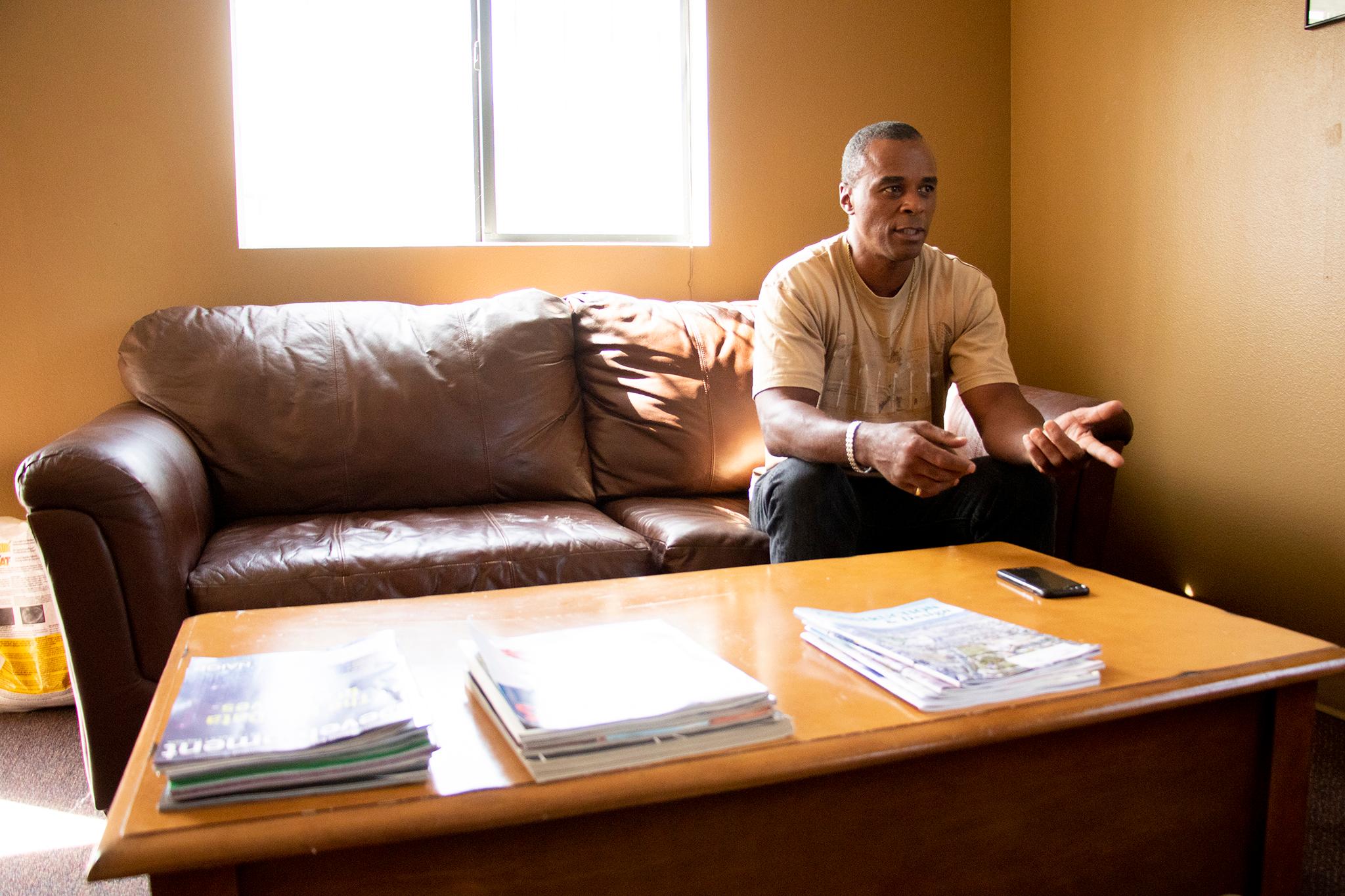
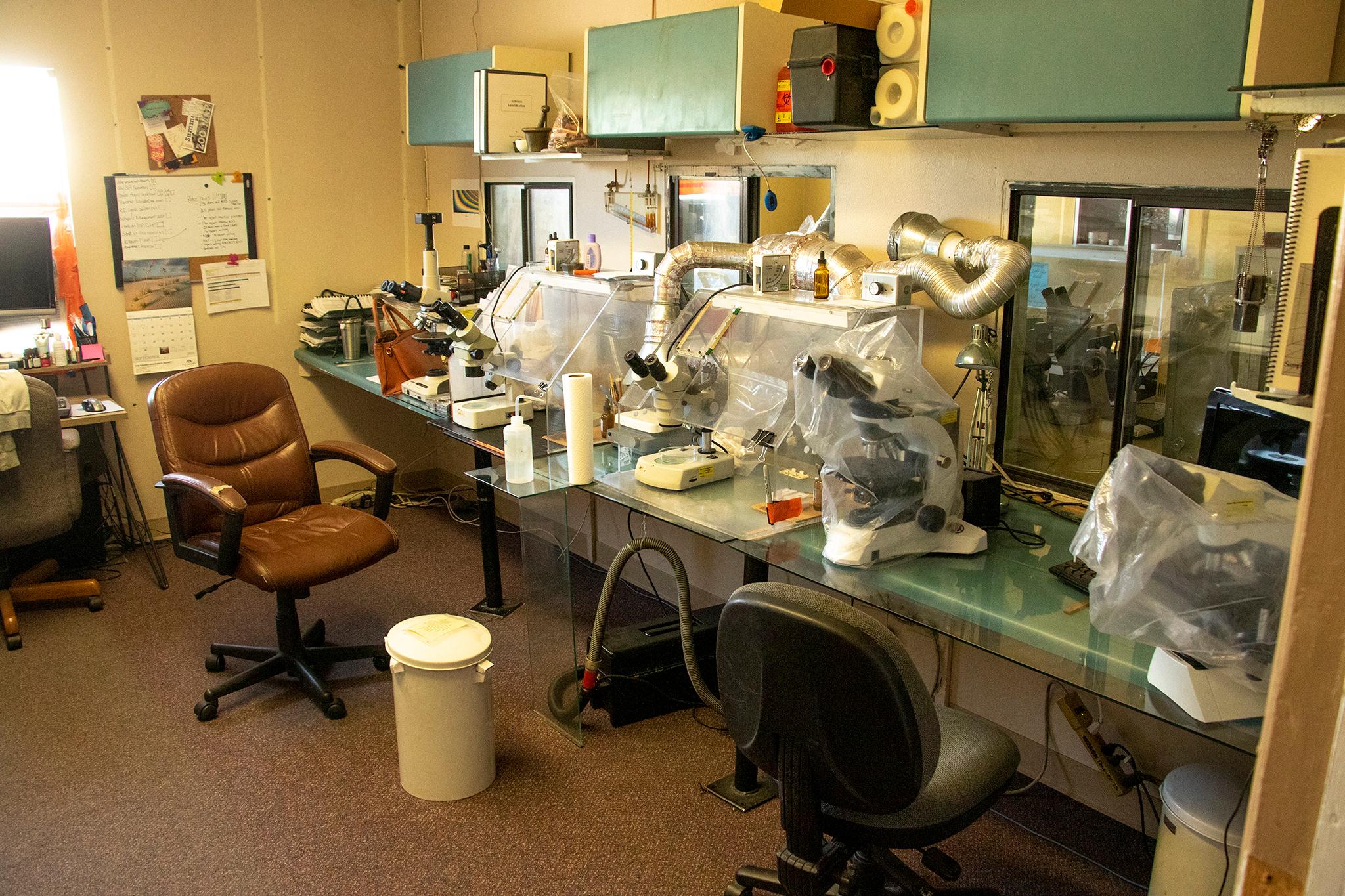
He's part of a system that rewards people with money for investing in urban property early so they can develop it and make more money. Hurley Place will fuel the city's tax base and the local economy, but it will likely fuel gentrification as well, which Hurley called an "interesting dilemma."
"Denver's becoming a place where people want to be, people want to live," he said. "People don't want to gentrify it, but I bought here because it was cheap and I thought that someday, you know, it could pan out. And the artists, you know, the artists come in and they make the area cool."
The developer is not aiming his project solely at hipsters or Millennials, he said. He wants it to be a multigenerational place where families and everyone else can commune by the river.
The millionaire's humble beginnings inform his view about Denver's growth.
"When I got out of prison, I had a fucking bicycle," he said. "My dad loaned me $1,500 to start my environmental company. I worked for everything. I slept on a fucking air mattress. I fucking ate fucking Top Ramen noodles. You know what I mean? That's what I did."
Having gone from Top Ramen to handmade pasta, he wants his work to live on in Denver long after him. He'll start a foundation with the proceeds from Hurley World, he said, and put his sister and other family members in charge.

